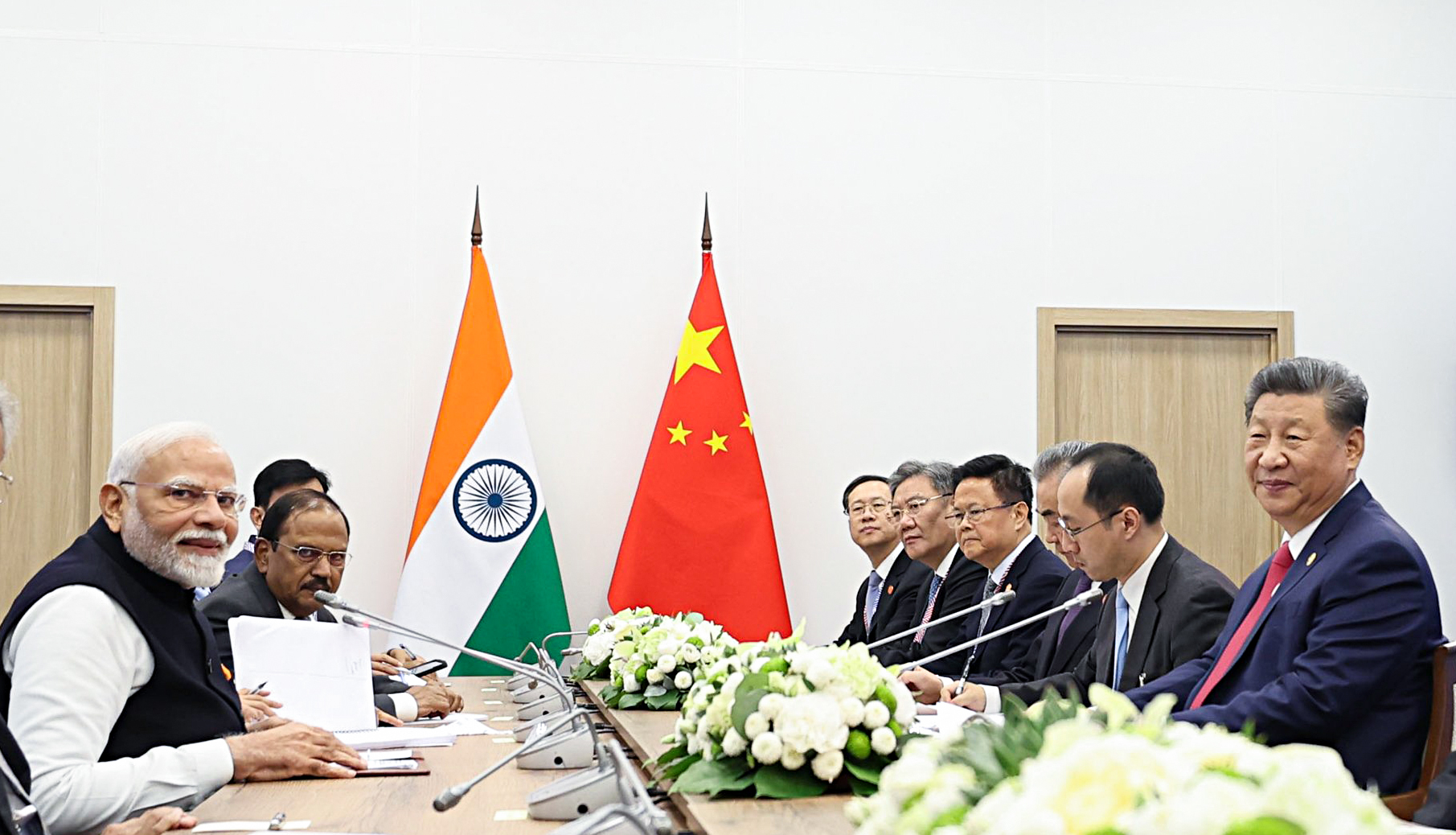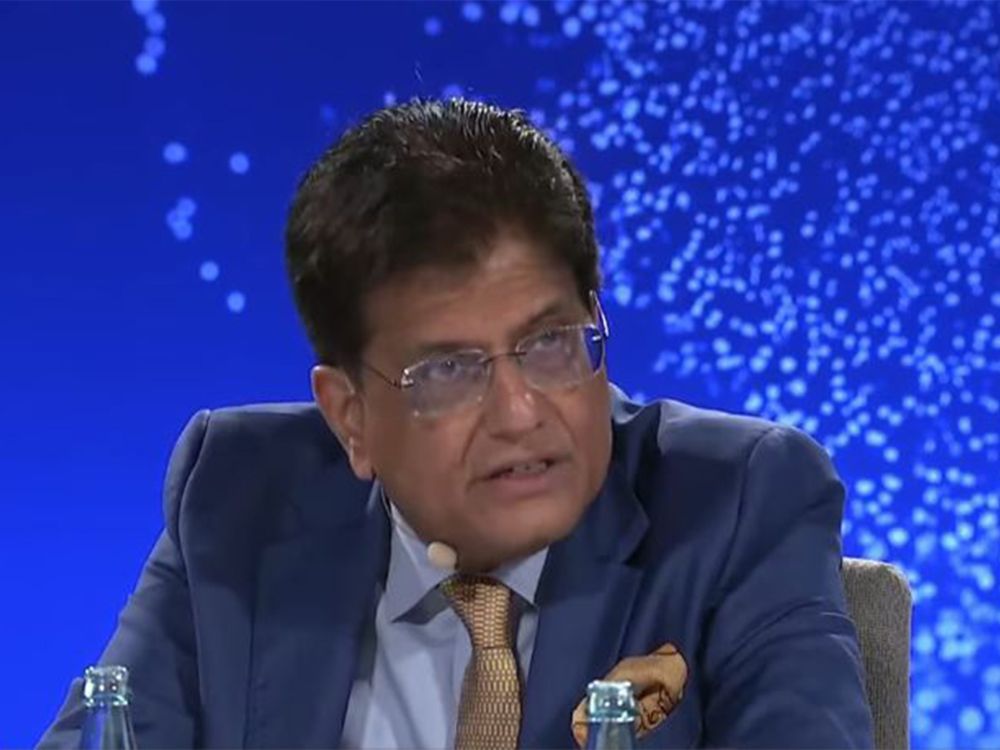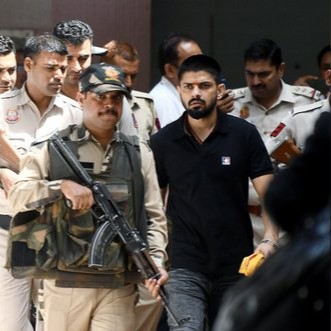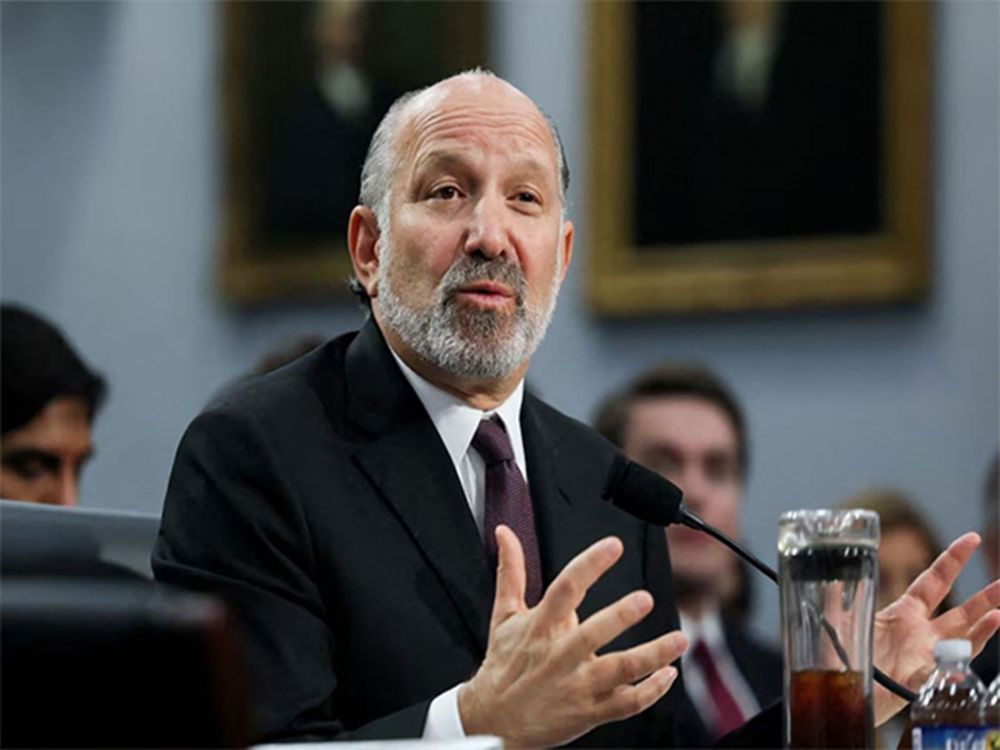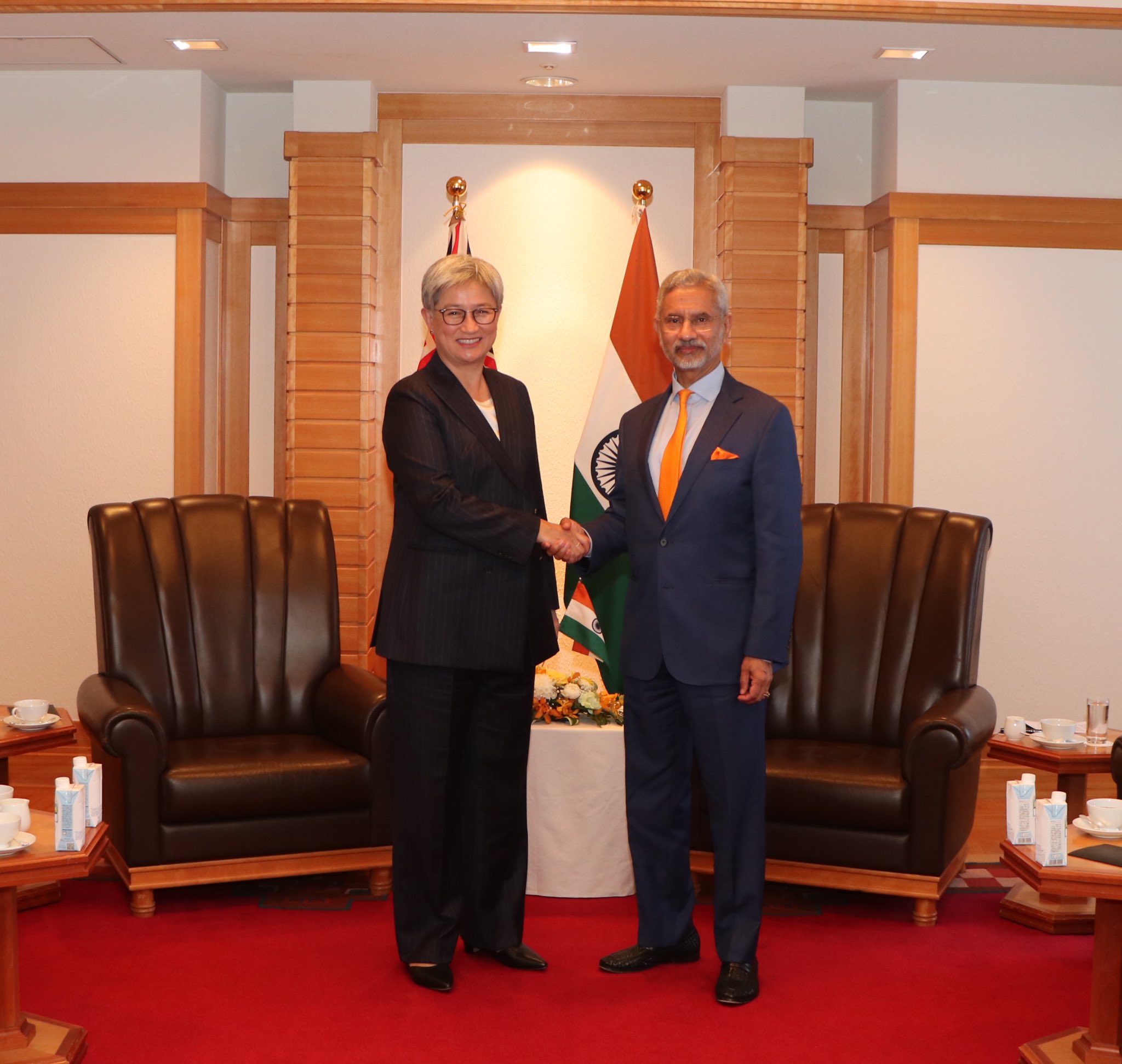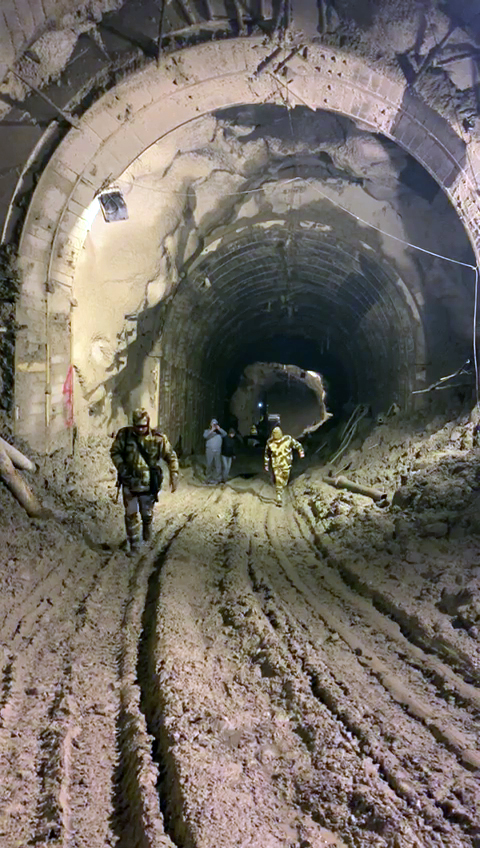Modi says that maintaining peace and stability on the border should remain a priority of the two countries and mutual trust should be the basis of bilateral ties
Our Bureau
Kazan (Russia)
Disengagement of troops of India and China has started at two friction points in Demchok and Depsang Plains in the Eastern Ladakh sector, defense officials said.
As per the agreements between the two sides, the Indian troops have started pulling back equipment to rear locations in the respective areas, they said.
On October 21, India announced that it reached an agreement with China on patrolling along the Line of Actual Control (LAC) in eastern Ladakh ending the over four-year-long military standoff.
Speaking at an event in New Delhi on October 24, Defense Minister Rajnath Singh said the two countries had reached a consensus to restore the “ground situation” based on the principles of equal and mutual security. He added that this includes restoration of “patrolling and grazing to traditional areas”.
Singh attributed the progress in ties to the “power of engaging in continuous dialogue because, sooner or later, solutions will emerge.”
On Wednesday, Prime Minister Narendra Modi met with Chinese President Xi Jinping on the sidelines of the BRICS Summit in Russia and welcomed the agreement reached between the two countries on patrolling arrangements along the LAC in eastern Ladakh.
Prime Minister Modi said that maintaining peace and stability on the border should remain a priority of the two countries and mutual trust should remain the basis of bilateral ties. The Prime Minister said that the India-China relationship is important not only for the people of the two countries but also for global peace, stability and progress.
The border standoff between India and China began in eastern Ladakh along the LAC in 2020, sparked by Chinese military actions. This incident led to prolonged tensions between the two nations, significantly straining their relations.
Foreign Secretary Vikram Misri addressing a media briefing on the sidelines of BRICS summit in Kazan said that during the meeting of Prime Minister Narendra Modi with President Xi Jinping the two leaders “welcomed the agreement reached between the two sides through sustained dialogue over the last several weeks in diplomatic as well as military channels.”
“PM Modi underscored the importance of not allowing differences on boundary-related matters to disturb peace and tranquility on our borders. The two leaders noted that the special representatives on the India-China boundary question have a critical role to play in the resolution of the boundary question and for the maintenance of peace and tranquility in the border areas,” the Foreign Secretary said.
External Affairs Minister S Jaishankar addressing an event in New Delhi on October 22 said that India has reached an agreement with China on patrolling arrangements, which will restore the situation along the Line of Actual Control (LAC) to what it was before May 2020.
Meanwhile, Jawaharlal Nehru University (JNU) Professor Srikanth Kondapalli has welcomed the meeting held between Prime Minister Narendra Modi and Chinese President Xi Jinping, calling it “positive” and stressing that it has put the bilateral relations back on track.
Professor In Chinese Studies at JNU, Srikanth Kondapallim noted that the two nations had an arms stalemate for the past four and half years since the Galwan incident in 2020 and termed it necessary that the strategic leaderships decided to bury the hatchets and prepare for some kind of an understanding on the border, particularly patrolling.
When asked about the importance of the meeting between two leaders in current scenario in geopolitical situations, he said, “I think the meeting between Prime Minister Narendra Modi and President Xi Jinping is in the right direction and positive and it has put back the bilateral relations back on track. We have had an arms stalemate for the past four and a half years since the Galwan incident in June 2020. So, the current move is actually welcome because two big populated countries, growing economies, nuclear powers, huge conventional military strength, aspirations as developing countries and mobilizing the Global South.”
“These two countries have been fighting for the past four and a half years. I think this is necessary that the strategic leaderships decided to bury the hatchet and prepare for some kind of an understanding on the border, especially starting with patrolling and other things. So, number one, this is a historic meeting, and this is necessary as both the countries are on the verge of conflict, and this is not suitable for both the peoples. So, this is number one significance,” he added.
















